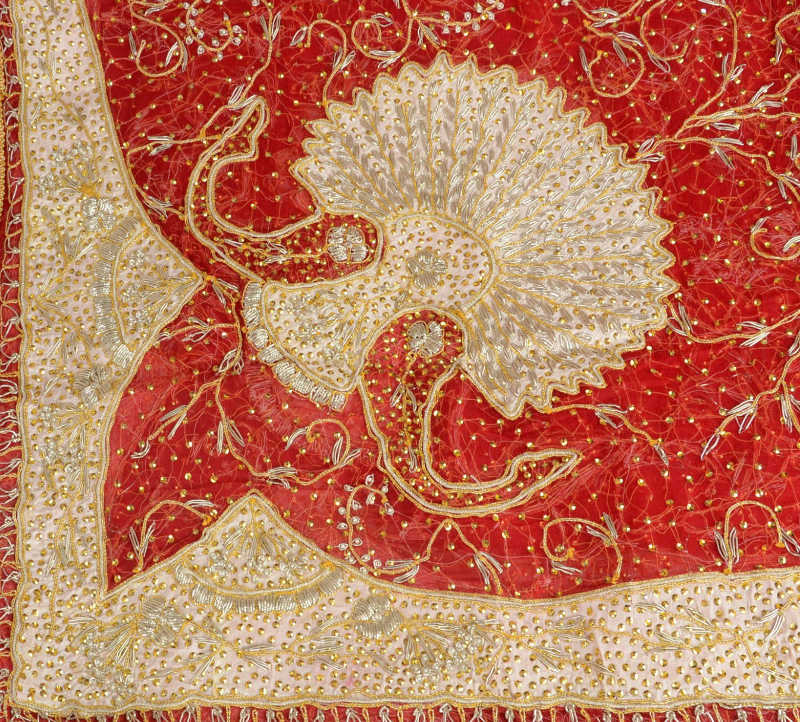===
0932,
2
===

=== |
 |
FWP:
SETS
MOTIFS == EYES; GAZE
NAMES
TERMSSRF suggests that the speaker is wishing (vainly of course) that he had closed his eyes before he had seen the beloved. But it's also possible that he might be wishing that he had 'closed those doors', presumably forever, 'right then', at the moment when he had just seen the beloved. Then the life of his eyes (and perhaps his own life too) would have ended on a supreme high note of fulfillment.
The eyes are usually the 'windows of the soul', with the obvious two-way traffic of both receiving and broadcasting information. By making them 'doors' instead, Mir has ominously changed their function. For a human despoiler can readily enter a house through an open door (more easily than through a window), and can be blocked by a closed door (not so easily by a a closed window). The idea of closing 'both those doors' also enjoyably evokes the common kind of double-paneled door (with hinges on both sides, so that the two panels meet in the middle) found in many traditional South Asian houses:
Thus by the single little word 'doors' the beloved herself has been vividly, powerfully, dangerously brought into the lover's 'house'-- not as a passive vision, but as an active and deadly looter.Note for meter fans: The scansion of ;xaraabii-e is - = = - , which is permissible but quite unusual: the word-final ii has not been joined into a single syllable with the izafat that follows it. This permits bii to remain a long syllable, rather than breaking down, as it normally would, into a (short) b followed by an izafat-bearing syllable ye .